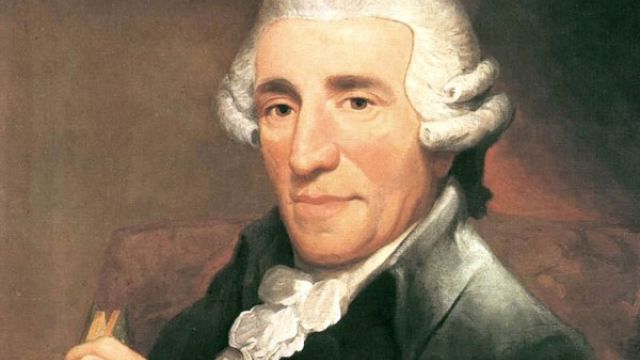Milestones in Music: Interesting Haydn; or, Haydn and the city

The ANU School of Music is pleased to be part of the Canberra International Music Festival this year presenting a special lecture as part of the 'Milestones in Music' public lecture series featuring guest speaker Nicholas Mathew (US). Entry includes a glass of complimentary champagne.
This paper considers Haydn's London experiences of the 1790s in relation to the history of "interesting art" and the idea of interest in the eighteenth century. It argues that Haydn's music, and the surviving written records of his English sojourns, bear the distinctive traces of a modern metropolitan landscape and urban commercial environment in which audience attention and desire was newly conceivable in terms of the psychic "investments" of interest - a concept that notably shuttles between what we would nowadays consider economic and aesthetic realms. Looking at Haydn in England ultimately prompts us to rethink the nature of our own scholarly interests, as well as the hidden histories of the currently popular methodological paradigm in the humanities and social sciences that aims to resolve its objects of study into networks of people and things gathered together by entangled interests and "concerns."
---
Nicholas Mathew was born in Norwich, in Norfolk, England, and took his first degree at Oxford University, studying the piano concurrently at the Guildhall School of Music and Drama in London. He holds a PhD from Cornell University, where he also studied period pianos with Malcolm Bilson. Before joining Berkeley University, he returned to Oxford as a Junior Research Fellow in Music at Jesus College. For three years he was co-editor of the journal Eighteenth-Century Music, and he remains on its editorial board, as well as the advisory board of Eighteenth-Century Studies.
His published work has mainly focused on the relationships between music and politics in the eighteenth and nineteenth centuries: the place of music in political institutions, the role of music in public life, and the ways in which music constructs collective identity – as well as issues of political appropriation, subversion, musical trashiness, and political kitsch.